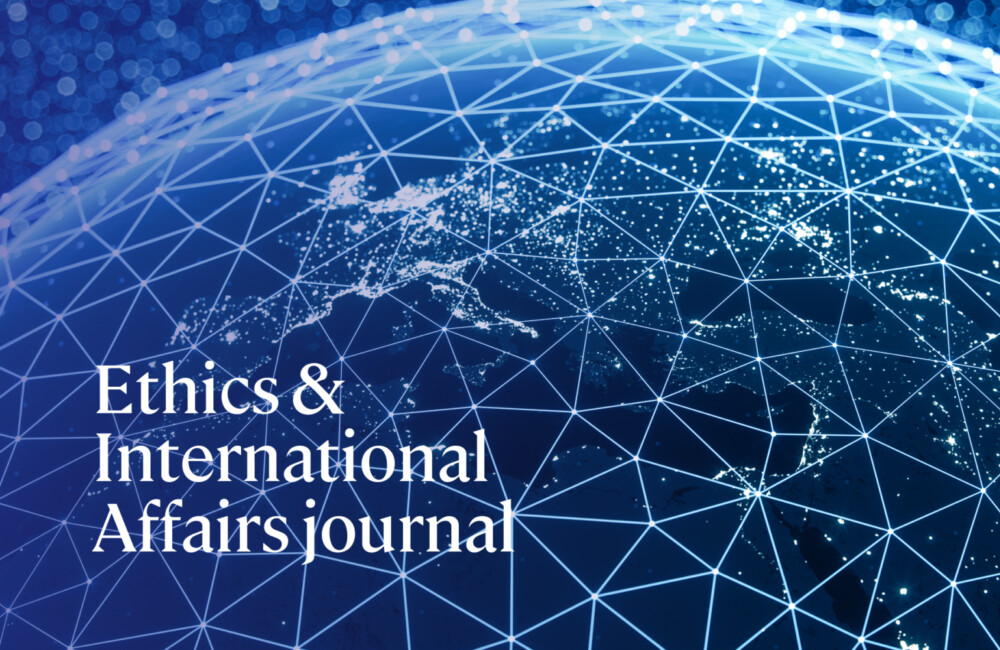What does anthropology have to teach us about genocide? This is the framing question of Annihilating Difference, a collection of fifteen essays on topics as broad in coverage as the discipline itself. Hinton, a specialist on Cambodia at Rutgers University, has divided the book into five parts. The first contains two chapters on genocide and indigenous peoples; the second briefly examines the role of anthropology in National Socialism; the third has three local case studies of genocide; the fourth examines instances of post-genocidal reckoning; and the fifth contains three “critical reflections” on the discipline and the preceding chapters, lending the book a coherence rarely possessed by edited collections.
Hinton’s comprehensive introduction, “The Dark Side of Modernity: Toward an Anthropology of Genocide,” provides the nonspecialist reader with the tools to integrate what follows into a larger picture of anthropology’s potential to contribute to genocide studies. His questions are: Why does genocide occur? How do we respond to the trauma? What are the best means of prevention? Anthropologists are “uniquely positioned to address these questions,” although Hinton regrets that most have “remained remarkably silent on the topic of genocide” (p. 1). This book, then, is as much a clarion call to his colleagues to focus their attention on genocide as it is for others to take note of what the discipline has to offer.
He makes it easy for all readers by his clear articulation of the issues and honest appraisal of anthropology’s own implication in past genocides. Anthropologists’ implicit cultural relativism means that they have sometimes been suspicious of UN human rights instruments upholding universal values. Moreover, a focus on human “types” has led some anthropologists, such as some German ones in the 1930s, to fetishize cultural or racial differences, thereby lending scientific respectability to political agendas that posit a certain people as indigenous or primordial to a given country, and hence possessing absolute claims to specific land.
One of the many virtues of Annihilating Difference is its explicit treatment of the theme of how human differences are constructed rather than given. If an essential precondition of genocide is the division of people into impermeable groups that are then deemed threatening to one another, the modes of classification need not be racial or ethnic. Anthropologists are indeed well placed to lay bare how collective identities are formed—and manipulated—by their study of local processes through “experience-near” fieldwork. What an ethnic or a national group actually is requires careful consideration, especially in view of the requirements of international law. As Paul J. Magnarella demonstrates, the International Criminal Tribunal for Rwanda established to prosecute the perpetrators of the 1994 genocide had difficulty in fitting the Tutsi under the UN definition of a permanent, stable group whose membership is determined by birth. On any objective criteria, the Tutsi did not in fact constitute a separate group from the Hutu because they spoke the same language, worshiped the same god, and often intermarried. Yet Hutu and Tutsi were adamant about their differences, a conviction fostered by the former German and Belgian colonists’ pernicious policy of ascribing fixed racial stereotypes enforced through compulsory identity cards. Consequently, in order to activate the UN genocide statute, the court accepted subjective perception as sufficient evidence for the existence of a group.
The anthropological approach also offers a sophisticated reading of culture as complex symbolic systems. These systems are always specific to each culture and not immediately obvious to outside observers. Thus, as Christopher C. Taylor shows in relation to the Rwandan genocide, the mode of killing cannot be explained by attending only to those aspects customarily examined by political scientists and historians—government policy and its means-end rationality. As one example, Taylor points to the manner in which the Rwandan conception of national and individual health in terms of “flows” and “obstructions,” as in blood circulation and the digestive process, were a factor in the large-scale organization of murder. The high number of roadblocks, for example, set up to capture fleeing Tutsi were means of blocking the unhealthy “flow” of enemies who could return to wreak vengeance. Yet this approach is not limited to peoples in developing countries. As John Bowen shows in his excellent chapter, “Culture, Genocide, and a Public Anthropology,” it can also be applied to the governments and policy elites of leading industrial powers. The terms used to frame conflicts are embedded with divergent, and often rival, explanations of why they occur. Phrases like “ethnic conflict,” “primordial tensions,” “religious wars,” and “communal strife” imply that the causes of violence are indigenous with deep historical roots. Others, like “genocide” and “political violence,” suggest more immediate, politically contingent causes, external to the warring parties. As might be expected, the types of intervention that the international community may choose depend on how it understands the problem. The West paralyzed itself in relation to the Yugoslavian conflagration so long as it was in thrall to such terms as “ethnic conflict” and “ancient hatreds.” Some contributors have harsh words for the West in its inaction, and complicity, with respect to genocides in Bosnia, Guatemala, and Iraq. More critical still are Carole Nagengast and Nancy Scheper-Hughes in their respective chapters on the cultural preconditions of genocide. Provocatively, Nagengast’s case study concerns the U.S.–Mexico border region, where she thinks U.S. authorities’ brutal treatment of Latino border communities through police harassment and violence amounts to “abused community syndrome”—something that in other situations has escalated into extermination. Similarly, Scheper-Hughes’s concepts of “peacetime crimes” and “spectrum of genocide,” which include the actions and cultural orientation of Western democracies, are meant to stimulate readers to think of genocide in more complex terms. She is not arguing that genocide is taking place in, say, Berkeley, but that necessary preconditions such as “expressions of social exclusion, dehumanization, depersonalization, pseudo-speciation, and reification that normalize atrocious behavior and violence towards others” are far more common than supposed (p. 369). Consequently, intellectuals should be vigilant and sound the tocsin against the all-too-common drives for cultural homogeneity and social discipline.
Wide-ranging as Annihilating Difference is, it could have been supplemented by a chapter on the thorny concept of “cultural genocide”—policies that aim to destroy a culture, rather than the biological structure of a people—especially in view of the anthropological focus on culture and indigenous peoples. The chapters on trauma in post-genocidal situations need to highlight more the encounter between psychoanalysis and anthropology. But these are minor quibbles with an otherwise outstanding collection that makes an original contribution to a literature hitherto dominated by political scientists and historians.
—A. DIRK MOSES, University of Sydney


